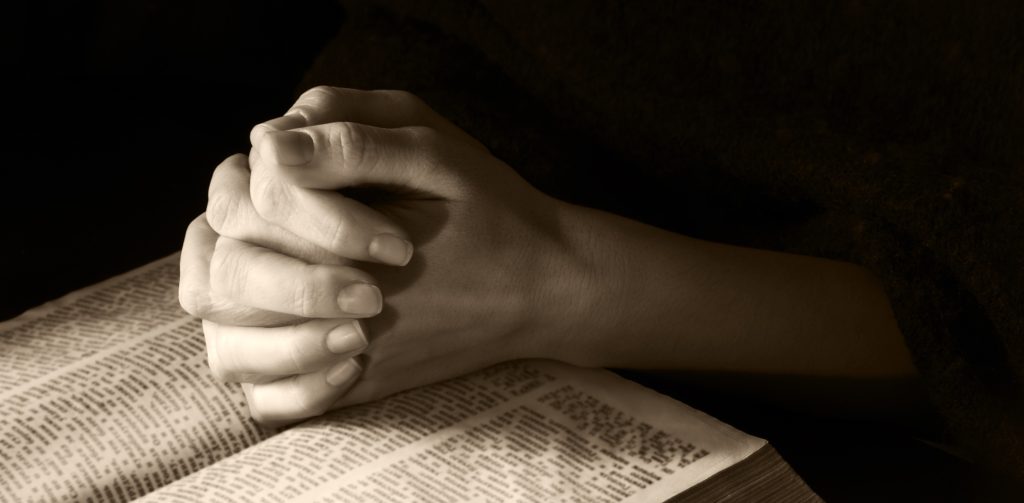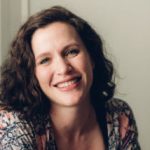a road map
Today marks ten years since my son, Watts, was diagnosed with cancer. I remember the terror of that day felt like it was yesterday: my tiny baby being raced by ambulance to the PICU in Winston Salem, the doctors completely perplexed by what was going on in his small body, the wires, the tubes, the intubation, the masks, the doctors, the questions, the procedures, the septic shock, the absolute fear pounding in my chest. Dear God, let him live.
He lived through that day. The cancer diagnosis—and even the grim prognosis—actually felt like a mercy because it meant an action plan and a way forward. The next two years were a fight for his life. We practically lived in the hospital while the doctors pounded his tiny body with adult chemo and drugs day in and day out. His little body was torn apart at times from the side effects but he was so strong and brave and, for his little body, it worked. It wiped out all the cancer.

As I think back on that time now, with much gray hair on my head to show for it, my heart swells with gratitude for the Lord’s kind presence during those difficult days. I also shake my head at the trauma of it all. Sometimes I am asked how my husband and I endured during that season and my short answer is, “We had no choice.” My longer answer is that we had the support of our community, a solid marriage, and a good God. The Psalms in particular were a road map along the way. During the first week in the PICU, my husband taped Psalm 77 above Watts’ bed:
1 I cried out to God for help; I cried out to God to hear me.
2 When I was in distress, I sought the Lord; at night I stretched out untiring hands, and I would not be comforted.
3 I remembered you, God, and I groaned; I meditated, and my spirit grew faint.
4 You kept my eyes from closing; I was too troubled to speak.
5 I thought about the former days, the years of long ago;
6 I remembered my songs in the night. My heart meditated and my spirit asked:
7 “Will the Lord reject forever? Will he never show his favor again?
8 Has his unfailing love vanished forever? Has his promise failed for all time?
9 Has God forgotten to be merciful? Has he in anger withheld his compassion?”
10 Then I thought, “To this I will appeal: the years when the Most High stretched out his right hand.
11 I will remember the deeds of the LORD; yes, I will remember your miracles of long ago.
12 I will consider all your works and meditate on all your mighty deeds.”
13 Your ways, God, are holy. What god is as great as our God?
14 You are the God who performs miracles; you display your power among the peoples.
15 With your mighty arm you redeemed your people, the descendants of Jacob and Joseph.
16 The waters saw you, God, the waters saw you and writhed; the very depths were convulsed.
17 The clouds poured down water, the heavens resounded with thunder; your arrows flashed back and forth.
18 Your thunder was heard in the whirlwind, your lightning lit up the world; the earth trembled and quaked.
19 Your path led through the sea, your way through the mighty waters, though your footprints were not seen.
20 You led your people like a flock by the hand of Moses and Aaron.
When my son got sick, I couldn’t pray any “nice” or “polite” prayers. I lost access to language in my fragmentation and survival mode. All pretense was wiped away before God. In Answering God: The Psalms as Tools for Prayer, Eugene Peterson wrote, “Psalms are poetry and the Psalms are prayer…poetry gets at the heart of existence. Far from being cosmetic language, it is intestinal. It is root language.” I believe it was actually a gift to my spiritual walk that I was stripped of my polite prayers– Gone were my prayers of Dear Jesus, thank you for today and bless my family… Now I was gutturally moaning with Psalm 77, My God, will you reject me forever? All night long I plead with you [spare my son]! Have you forgotten to be merciful?
When we walk through trauma, the left frontal lobe of the brain, particularly the Broca’s area that allows us to articulate language and ideas, often goes offline and can make it difficult to put thoughts and feelings into words. Making decisions can be hard. Finding our keys, ordering dinner, remembering to cancel an appointment, etc., can feel like an impossible task. Finding words for our own prayers can be especially difficult.
During the dark nights of that season ten years ago, I found myself leaning hard on the Psalms. In my sleep-deprived, trauma-state, the poetry, songs, and prayers written long ago were not only palatable to my fragmented self, they were deeply comforting and soothing to me. While my more rational left brain was more off-line during that season (I most definitely wasn’t reading any heady theological books on suffering or studying the book of Romans), poetry was appealing. Poetry is said to come more from the right hemisphere of the brain, more in the body. Psychologist Dan Allender, on the “Processing Trauma Through Poiesis” episode of The Allender Center Podcast, says that “poetry is evocative versus primarily clarifying, explaining, or justifying… poetry really is an invitation to the body in fragmentation to the deeper images, to a meaning that is not sense oriented, but sensually oriented.”
The prayers of anguish and request, lament and praise both gave me permission to moan with the original psalmists and also encouraged me to bless the aches and doubts of my own heart and bring them to the Great Healer. What a gift that the poetry of the Psalms, which are smack-dab in the middle of the Bible, can serve traumatized and fragmented people in such a therapeutically relevant and tender way! Jesus is the true Counselor and the Psalms can help guide us to the kind heart of God, who is the one that can hold all of our anguish, tend to our fragmentation, and bring us to ultimate Shalom.
 Hannah Van Patter began counseling in 2008 and joined Barnabas Triad in 2018. She is a Licensed Clinical Mental Health Counselor, completing her undergraduate degree at UNCG and her Masters at NC A&T. She has also completed online courses through The Allender Institute in Seattle. Hannah is married to Michael and they live in Greensboro with their three children. When she isn’t counseling, Hannah enjoys spending time with her family and friends, being outside, thrifting, cooking curry, and watching The Great British Bake-Off.
Hannah Van Patter began counseling in 2008 and joined Barnabas Triad in 2018. She is a Licensed Clinical Mental Health Counselor, completing her undergraduate degree at UNCG and her Masters at NC A&T. She has also completed online courses through The Allender Institute in Seattle. Hannah is married to Michael and they live in Greensboro with their three children. When she isn’t counseling, Hannah enjoys spending time with her family and friends, being outside, thrifting, cooking curry, and watching The Great British Bake-Off.




